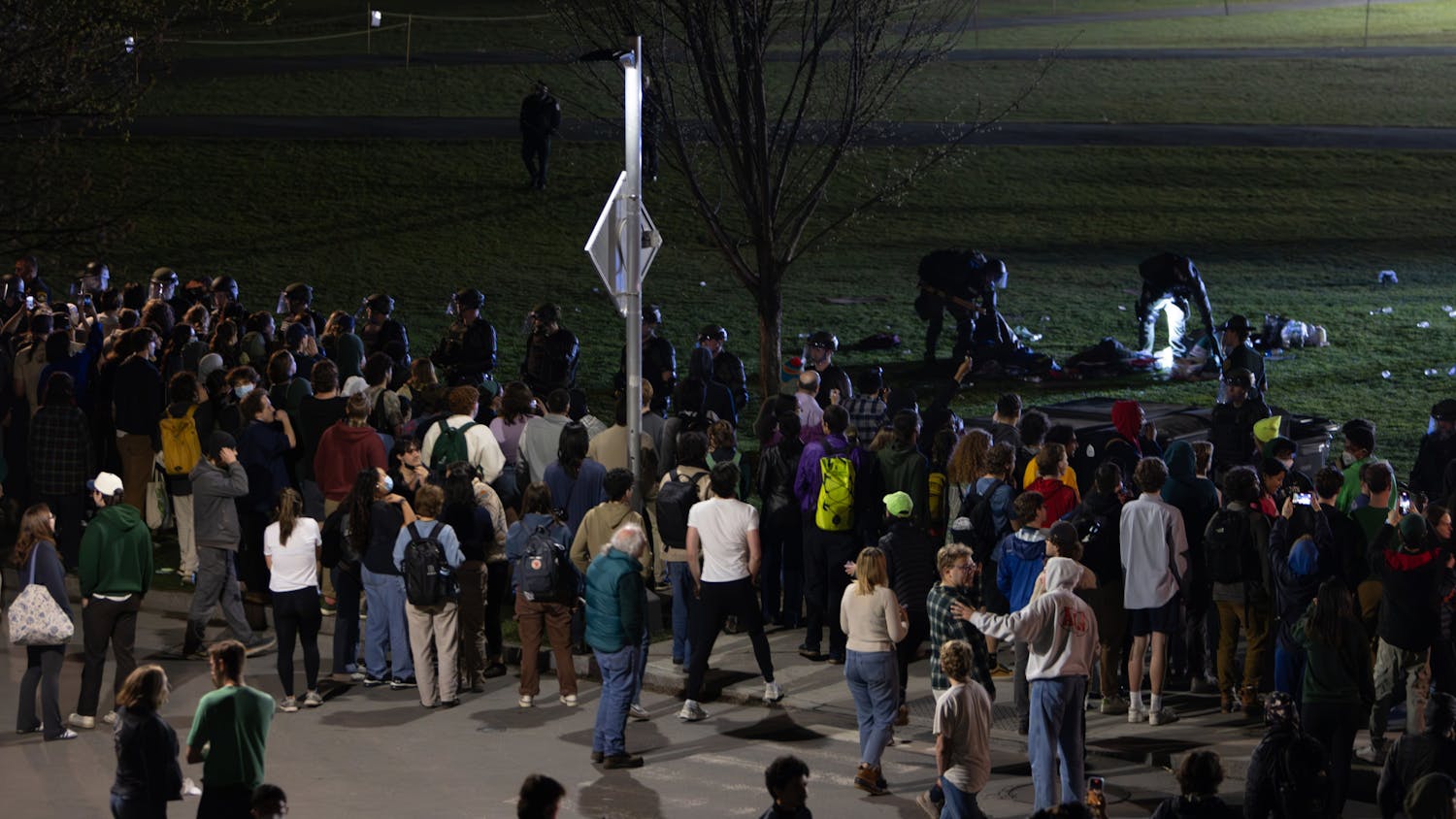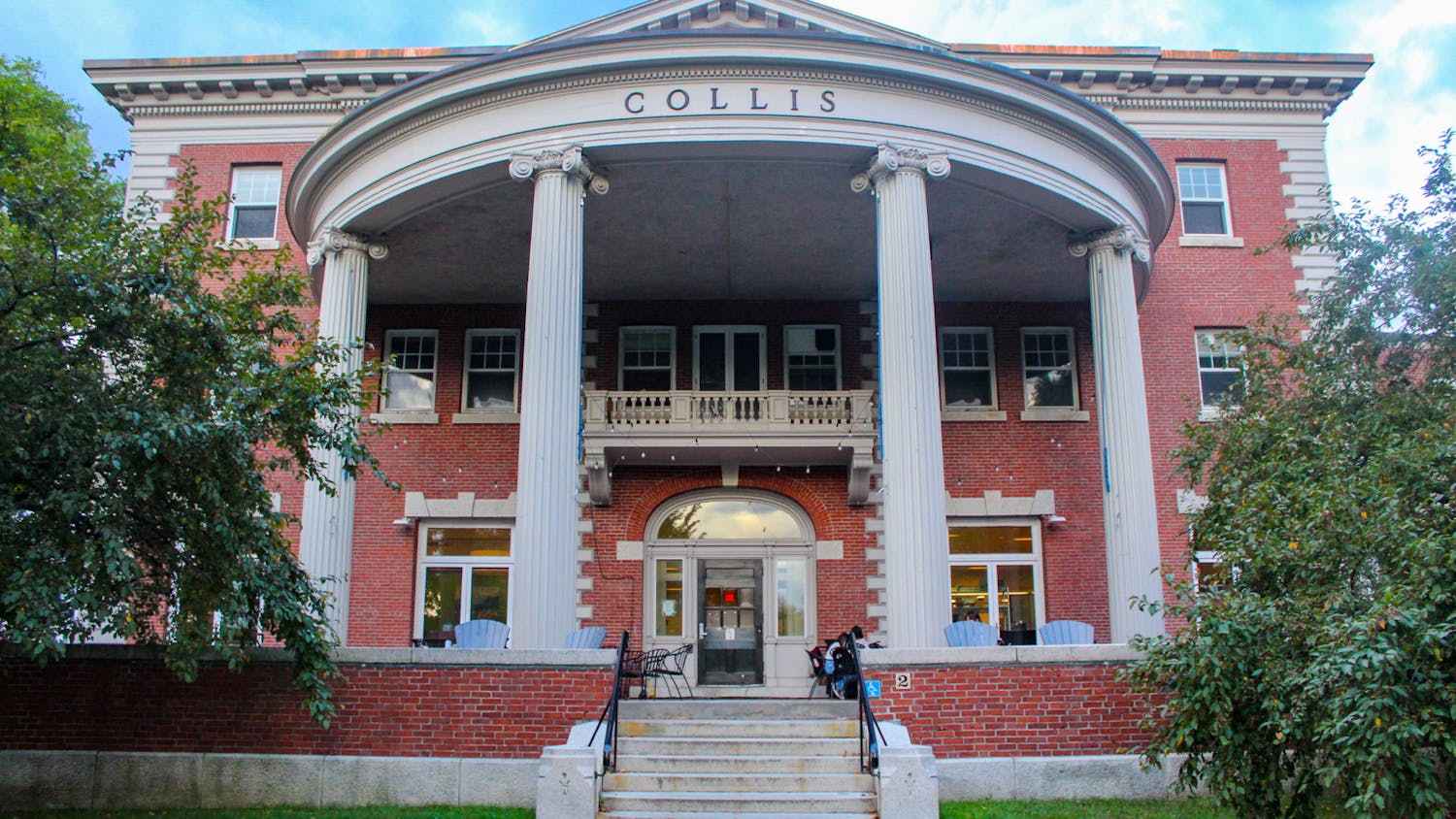Past and present came together in last night's lecture "Never Again: Lessons Learned from the Internment for a Post 9/11 World," as Dartmouth recognized Feb. 19, the national day of remembrance for the internment of Japanese-Americans during World War II.
The lecture comprised a personal narration of the internment experience followed by a voiced concern about post-Sept. 11 racial targeting. Glenn Kumekawa, member of family number 19020, was one of over 100,000 Japanese-Americans sent to internment camps during World War II. His family "brought only what we could carry," Kumekawa said.
"I was fourteen years of age, I was deemed a threat to these United States," he said.
Due to the concerned efforts of academics and church groups that worked on behalf of Japanese youths, Kumekawa was eventually able to leave the camp in the deserts of the western United States for Bates College in Maine.
Kumekawa returned to another college campus yesterday to relate the dangers of "imprisonment based on ... ancestry" that "delegitimized" the Japanese as members of the American community.
"Japanese [people] were caught in a schizophrenic identity," Kumekawa said. On one hand, "we wanted to protest what they were doing, but we wanted to be good citizens, to support homeland security ... to go quietly into the camps."
Twelve thousand young Japanese men, some of them in the internment camps, chose to volunteer to fight in Europe as a means of showing their patriotism, said another speaker, history professor Vernon Takeshita.
They formed the famed 442nd unit, which earned over 18,000 individual medals -- the most decorated unit in U.S. military history.
Takeshita, a Dartmouth history professor, related the racism inherent in Japanese internment to selected American reactions to the Sept. 11 terrorist attacks.
He spoke of the dangers of assigning a face to the enemy, and presented cases of indiscriminate distrust towards immigrants, where Laotians, Indians and Afghans have been targeted.
"Why can they blow us up and get away with it while we Americans are punished for assaulting them?" Takeshita said, quoting one young man who beat an Indian woman and killed her son.
A Laotian recently killed by his New Hampshire neighbor "never became American enough for his murderer," Takeshita said, as the "inability to stop being Asian" is the inability to "stop being the enemy."
"I think that our number one responsibility during this troubled period is not to be stupid," Takeshita said.
Both Takeshita and Kumekawa advised those present to learn from the horrors of internment as the legalization of racism.
"I worry that it will happen again," Kumekawa said.



